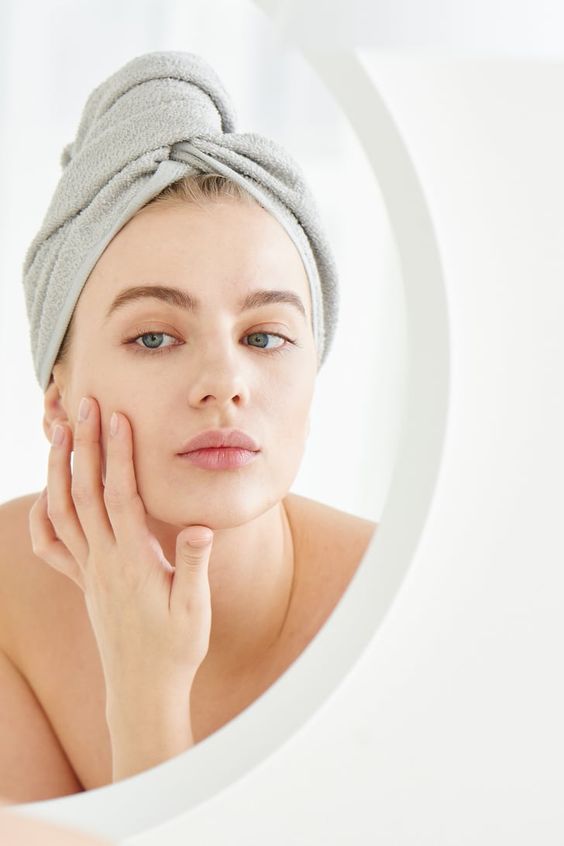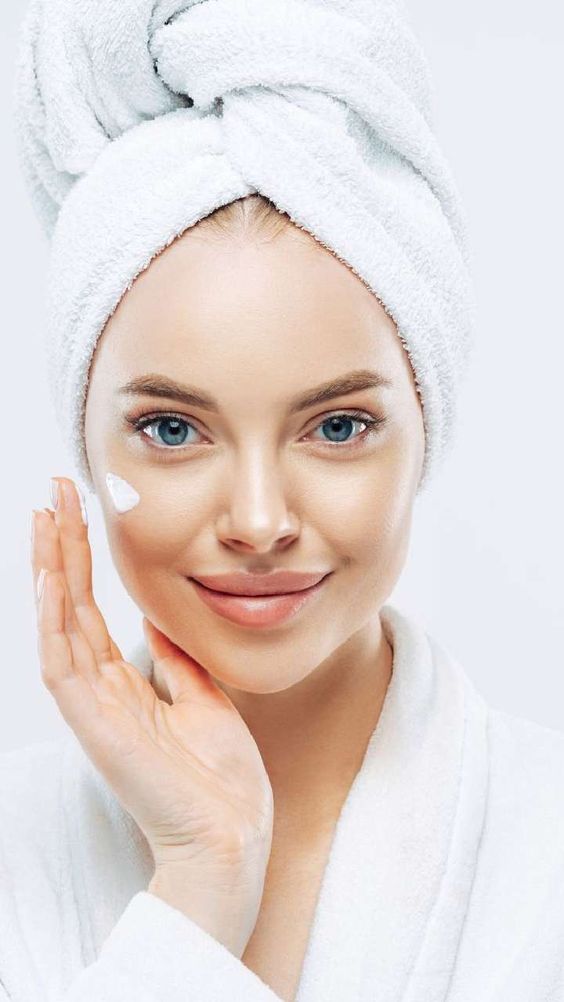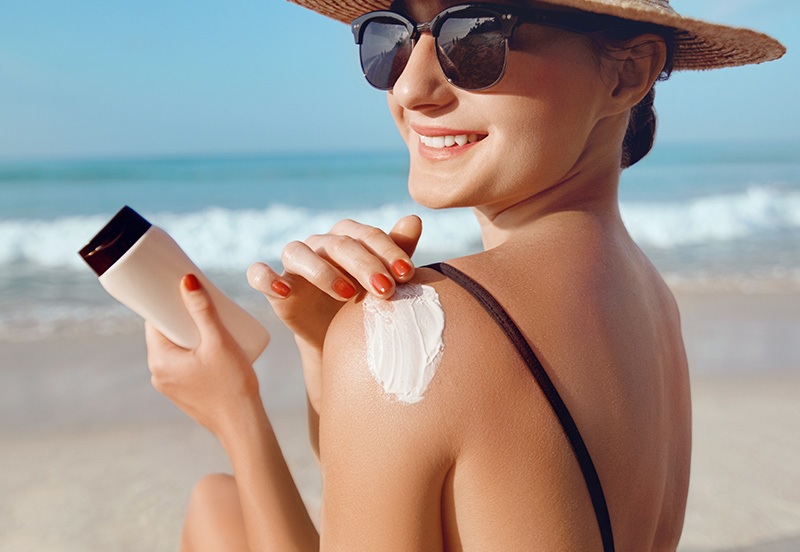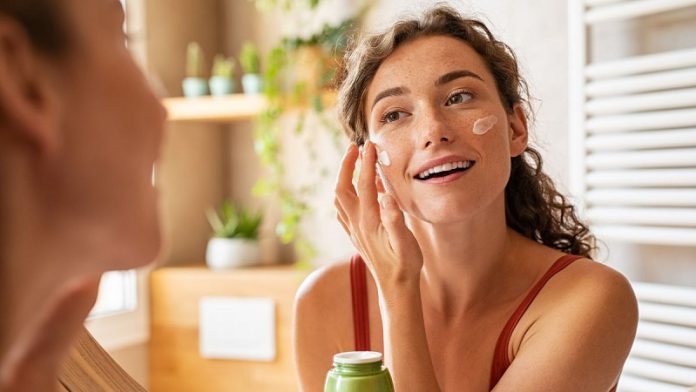Dhealthwellness.com – Board-certified dermatologists are experts in diagnosing and treating more than 3,000 diseases and conditions. They also help patients address their cosmetic concerns, such as tattoo removal and scarring.
Some Skin Care Tips from a Dermatologist
To maintain healthy skin, dermatologists recommend a daily skincare routine that includes cleansing, moisturizing and protecting your skin from the sun. Here are some dermatologist skin care tips they use themselves to keep their skin looking its best. Cleansing your skin daily is the most important part of a dermatologist-approved skincare routine. It removes dirt, oil, and makeup that have built up for the day.
Ideally, you should cleanse your face twice per day using a gentle cleansing formula and a toner that matches your skin type. Follow it with a moisturizer to seal in that much-needed hydration. The right skincare routine can make all the difference to your complexion. Dermatologists offer many tips and tricks to help you achieve the best possible results from your skin care products.

Your skin is the body’s largest organ, and it needs regular attention to stay young and blemish-free. Moisturizing your skin daily is a must for all skin types, even those with sensitive or oily skin. It helps counteract the effects of a variety of factors that can dry your skin, such as frosty air, hot showers and frequent washing.
Helps Restore Skin Elasticity
In addition, moisturizer contains nourishing ingredients like ceramides and fatty acids to draw water into your epidermis and prevent moisture loss. It can also help restore elasticity to your skin, which makes it soft and smooth. Every 30 days, your skin naturally sheds a layer of old, dead cells. It’s a natural process that keeps your skin looking fresh and healthy.
But when these cells stick around, they can clog your pores and make your skin look dull and rough. Exfoliating regularly helps get rid of this dead skin and prevents acne and blemishes from occurring. Moreover, it ensures that key anti-aging ingredients in your skincare products can reach the skin’s deeper layers and do their job effectively.

Dermatologists recommend using gentle physical or chemical exfoliators on the face and body two to three times a week. The frequency and strength should be determined by your skin type. There’s no doubt that the sun is one of life’s greatest natural gifts, but prolonged exposure to its harmful rays can do damage to your skin. That’s why it’s essential to use sunscreen that provides the right amount of protection.
Provides Protection Against Sunlight
There are many sunscreens to choose from, each with its unique benefits and drawbacks. It’s best to choose one that has a good SPF rating, such as at least 30. Other skin-saving strategies include wearing clothing that provides some sun protection and choosing a pair of wraparound sunglasses that filter the most UV rays. Wearing a hat is also a smart move, and the one with the most impressive brim is the best. It should have at least a two-inch brim to protect your head, eyes, ears and scalp.
If you have a skin problem that isn’t easily solved with over-the-counter products, it’s time to schedule an appointment with a dermatologist. This specialist can identify and treat a variety of diseases, as well as cosmetic concerns such as rashes, wrinkles, and aging. Your skin is a crucial part of your body’s defense system, so it must remain healthy. A dermatologist can help you keep your skin, hair, and nails in tip-top shape by identifying issues like acne, rashes, eczema, and psoriasis before they cause problems.

Visiting a dermatologist can be a bit more expensive than going to your primary care doctor, but this can be offset by finding a dermatology practice that accepts insurance or works with payment plan settlement options such as sliding scale payments, installments, and medical credit programs.
Reference :
